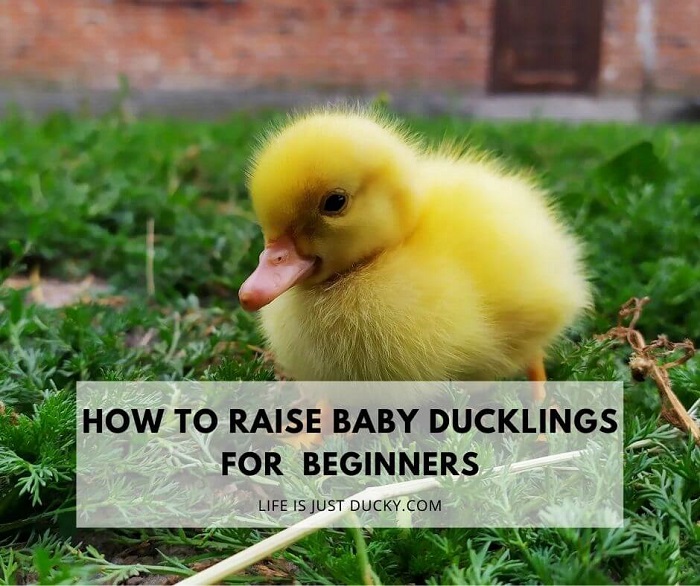
Baby Duckling Care: A Comprehensive Guide for Nurturing and Raising Healthy Ducklings
Introduction
The arrival of baby ducklings is a delightful and rewarding experience. These adorable creatures bring joy and entertainment to their caregivers, but they also require specialized care and attention to ensure their well-being. This comprehensive guide will provide you with all the essential information you need to nurture and raise healthy ducklings, from hatching to adulthood.
Hatching and Early Care
- Incubation: Duck eggs typically incubate for 28-35 days. Provide a clean, well-ventilated incubator with a humidity of 55-60%.
- Hatching: Assist ducklings as they emerge from their shells. Gently remove any remaining eggshell fragments.
- Brooding: Ducklings require a warm, draft-free environment. Provide a brooder with a heat source that maintains a temperature of 95-100°F (35-38°C) for the first week. Gradually reduce the temperature by 5°F (3°C) each week until they reach 70°F (21°C).
- Feeding: Feed ducklings a commercial starter feed specifically formulated for waterfowl. Offer food and water ad libitum.
Housing and Environment
- Brooder: For the first few weeks, ducklings should be housed in a brooder with a wire mesh floor to prevent them from getting wet and chilled.
- Outdoor Enclosure: Once ducklings are fully feathered and can regulate their body temperature, they can be moved to an outdoor enclosure. Provide a secure area with plenty of space, shelter, and access to water.
- Water: Ducklings require access to clean, fresh water at all times. Provide a shallow dish or waterer that they can easily access.
- Bedding: Use clean, absorbent bedding such as straw, wood shavings, or shredded paper. Change bedding regularly to keep it dry and hygienic.
Nutrition and Feeding
- Starter Feed: Feed ducklings a commercial starter feed for the first 6-8 weeks.
- Grower Feed: After 8 weeks, switch to a grower feed specifically formulated for waterfowl.
- Supplements: Provide ducklings with a calcium supplement to support bone development.
- Grit: Offer grit to aid in digestion.
- Feeding Frequency: Feed ducklings 3-4 times per day until they are 8 weeks old. Gradually reduce feeding frequency to twice a day as they mature.
Health and Hygiene
- Vaccinations: Consult with a veterinarian about recommended vaccinations for your ducklings.
- Parasite Control: Regularly check ducklings for parasites such as mites, lice, and worms. Treat infestations promptly.
- Water Quality: Keep water sources clean and free of algae or bacteria.
- Hygiene: Maintain a clean and sanitary environment to prevent disease.
- Common Health Issues: Watch for signs of illness such as lethargy, discharge from the eyes or nose, and diarrhea. Contact a veterinarian immediately if you suspect any health problems.
Socialization and Handling
- Handling: Handle ducklings gently and avoid excessive handling.
- Socialization: Expose ducklings to different people and environments to help them become well-adjusted.
- Companionship: Ducklings are social creatures and thrive in the company of other ducklings or other waterfowl.
Growth and Development
- Feathering: Ducklings will begin to feather within a few days of hatching.
- Swimming: Ducklings are natural swimmers and will start exploring water sources around 2-3 weeks of age.
- Maturity: Ducklings reach maturity at around 6-8 months of age.
Special Considerations
- Abandoned Ducklings: If you find an abandoned duckling, contact a wildlife rehabilitator or veterinarian for assistance.
- Wild Ducklings: Wild ducklings should not be kept as pets. They are protected by law and should be left in their natural habitat.
- Hybrid Ducklings: Hybrid ducklings are a cross between domestic and wild ducks. They may have different care requirements than purebred ducklings.
Conclusion
Raising baby ducklings is a rewarding and fulfilling experience. By providing them with proper care, nutrition, and socialization, you can help them thrive and become healthy, happy adults. Remember to consult with a veterinarian for specific advice and guidance on your ducklings’ care. With love, patience, and dedication, you can create a nurturing environment where your ducklings can flourish.
